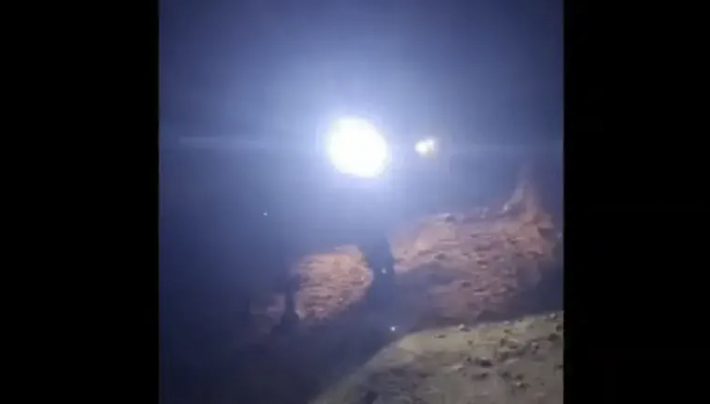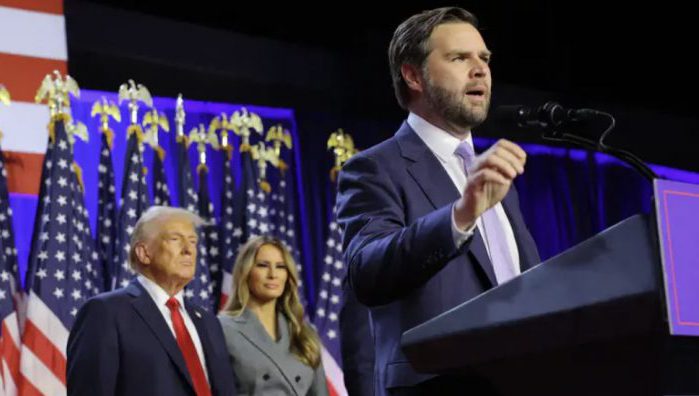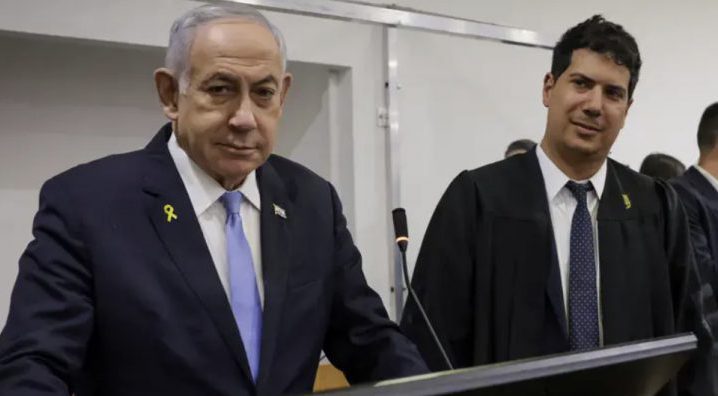Rabbi Ben-Shachar, the father of one of the youths involved in the clash with Israeli troops in the Binyamin region, claims that videos of the incident support the civilians as opposed to the IDF statements.
Rabbi Menachem Ben-Shachar, Spoke to Arutz Sheva – Israel National News about the clash between civilians, including his son, and IDF forces.
The IDF and the civilians present have published conflicting accounts of the incident. However, Rabbi Ben-Shachar says the narrative has since become clearer. “Over time, as more footage surfaced, it all pointed to the same sequence of events,” he said.
The incident began with the eviction of an unauthorized Israeli homestead in the Binyamin region. “On Friday afternoon, the army came to evict the homestead. The youths decided not to stay for Shabbat, but when they later heard that Arabs were approaching the area, they returned to protect it from being torched,” he explained.
According to Rabbi Ben-Shachar, a commander arrived on the scene and was captured on video issuing aggressive commands, including threats. “He shouted, ‘Lie down on the floor! I’ll kill you all!’ It’s tragic that IDF soldiers are being sent to carry out such missions—enforcing construction violations with live ammunition, especially on Shabbat,” he said. Shell casings were reportedly found near the commander’s vehicle, and a subordinate allegedly fired live rounds, one of which struck a youth, leaving a bullet lodged in his ribs.
Rabbi Ben-Shachar criticized how the incident was initially portrayed. “Even the Prime Minister and Defense Minister responded based on false information and rushed to condemn the youths without knowing the facts.”
He argued that the military must establish clear boundaries for engagement in cases involving Israeli civilians. “Soldiers should not arrive armed to confront Jewish citizens. There are many ways to handle unauthorized construction without resorting to weapons,” he said. He drew parallels to past incidents, including the controversial death of Ahuvya Sandak, expressing frustration over what he sees as selective enforcement.
Addressing claims that the youths resisted, Rabbi Ben-Shachar said video evidence tells a different story. “The boys raised their hands when told to, and one was even handcuffed without any resistance. You can hear them telling each other not to fight with the soldiers,” he said.
“These young men simply want to settle the Land of Israel,” he added, criticizing what he sees as a lack of accountability. “We’ve seen officers suspended over graffiti, yet in this case, there hasn’t even been a proper investigation. As parents, we feel they have been abandoned.”
Rabbi Ben-Shachar does not believe the soldiers acted out of malice. “They’re reservists—good people. But the commander admitted he was pulled away from a Shabbat meal for this mission. That should never happen. They were confused from the start.”
He emphasized that responsibility lies not just with the soldiers but with those who issued and failed to correct the confusing orders. “This is the military’s failure. The system must act quickly to clarify engagement rules: live fire should not be used in incidents involving Jewish citizens. We’ve seen what happens when it is—deaths, injuries, permanent trauma.”
Rabbi Ben-Shachar also addressed broader issues, rejecting the idea that opposing enforcement against Jews is selective. “Next to the dismantled structure was an illegally built Arab home, completely untouched. Meanwhile, the local villagers danced on rooftops when missiles hit Soroka and Bat Yam. That’s the real enemy.”
In his view, the hilltop youth are not the problem but the solution. “These are the young people who recognized threats long before IDF generals did. They exposed the truth, and for that, they deserve the Israel Prize—not vilification.”
Recalling how he learned of the incident, Rabbi Ben-Shachar said he received a phone call during his Shabbat meal. As a medic and member of the security committee, he carries a phone for emergencies. “My son called and said, ‘Dad, the soldiers are here and they’re shooting at us.’ Given everything we’ve seen, it didn’t seem so far-fetched.”
As he concluded, Rabbi Ben-Shachar acknowledged recent IDF successes against terrorist organizations and in refugee camps but warned that leadership must ensure those gains aren’t overshadowed by such incidents. “To prevent future tragedies, the Chief of Staff must take action.”





